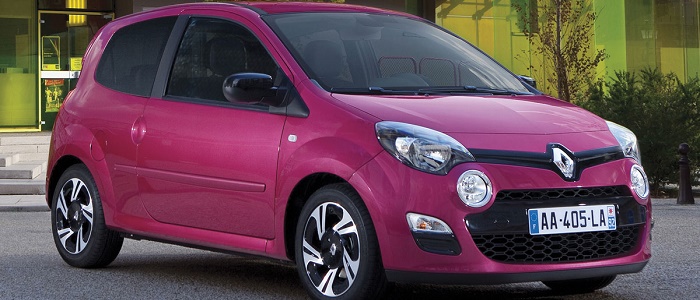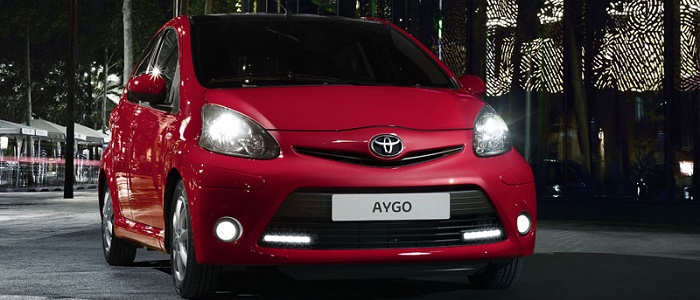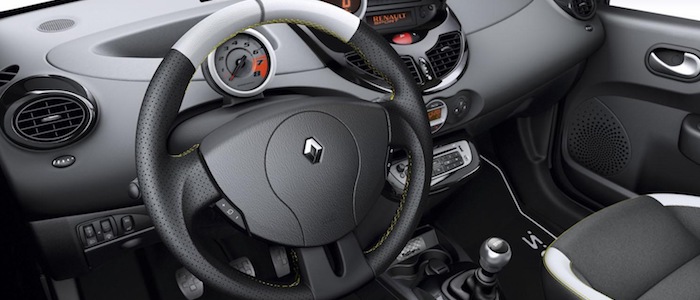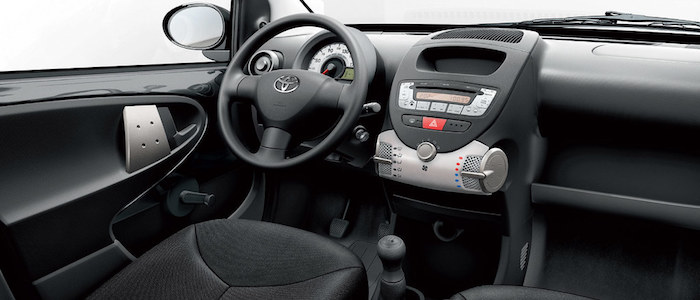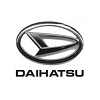Compare two cars
Compare any two cars and get our Virtual Adviser™ opinion
Dimensons & Outlines
Check vehicle history
Engine
Performance (manual gearbox)
Performance (automatic gearbox)
Expenses
Virtual Adviser's™ opinion
Well, these are two pretty similar cars we have here! It's only details that could potentially make the difference. Considering they both belong to the micro car segment and utilize the same 3-door hatchback body style and the front wheel drive system, it all comes up to the specific petrol engine choice they offer. The first one has a Renault-engineered powertrain under the hood, a 4-cylinder, 16-valves 101hp unit, while the other one gets its power and torque from a 3-cylinder, 12-valves 68hp engine designed by Daihatsu.
SafetyA starting point here would be to take a look at the results from European New Car Assessment Programme (Euro NCAP) tests which were performed on both of the cars, with the Renault being a slightly better choice apparently. Still, apart from the official crash test results there are other things we need to be aware of. Both vehicles belong to the micro car segment, which is generally a misfortune safety-wise, but it doesn't do much to help us decide between the two. Furthermore, if we'd like to consider vehicle mass in this context too, which we definitely should, the French car offers a considerable difference of 23% more metal.
ReliabilityI don't like generalizing things when it comes to reliability, although it does seem that both brands display similar results in faults and breakdowns, all the models observed together. These are the results of an independent reasearch, while our visitors describe reliability of Renault with an average rating of 4.2, and models under the Toyota badge with 4.6 out of 5. Unfortunatelly, I don't have enough insight that would allow me to comment in more details on the specific models level. We should definitely mention that owners of cars with the same powertrain as the French car rank it on average as 4.7, while the one under the competitor's bonnet gets 4.2 out of 5.
Performance & Fuel economyRenault is way more agile, reaching 100km/h in 4.4 seconds less than its competitor. In addition to that it accelerates all the way to 189 kilometers per hour, 32km/h more than the other car. When it comes to fuel economy an obvious choice would be the Japanese car, averaging around 4.5 liters of fuel per 100 kilometers (63 mpg), in combined cycle. That's 62% difference compared to the French car!
Verdict
Renault appears just a bit more reliable, although the difference is truly marginal. The most important thing when deciding between any two vehicles should always be safety, both passive and active. In my opinion, everything taken into account, the French car beats the other contender by far, making it the best choice without even considering other things. It all continues in the same direction, with Renault outracing its opponent in any situation possible, making it better choice for boy racers. It does come at a cost though, and that's the fuel consumption... It's not difficult to say then that if I'd need to make a choice, it would definitely be the Renault. Nevertheless, let's not forget that people have different preferences and needs, so what really counts is your personal feel. I'm only here to help. In case you have two minutes to spare I invite you to define your needs, desires and budget and see which car would be chosen by the virtual adviser™, among thousands of similar, yet so different vehicles.























